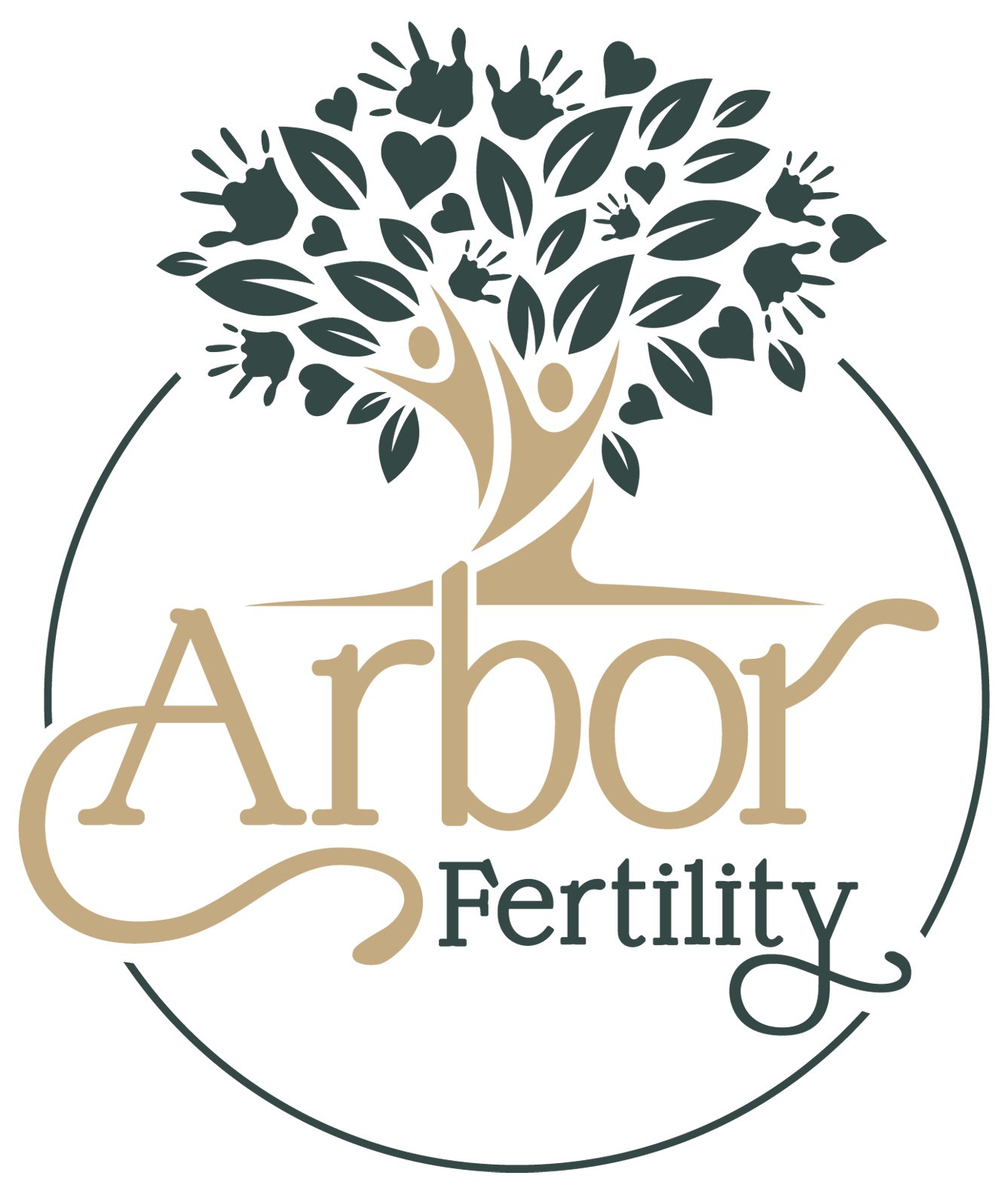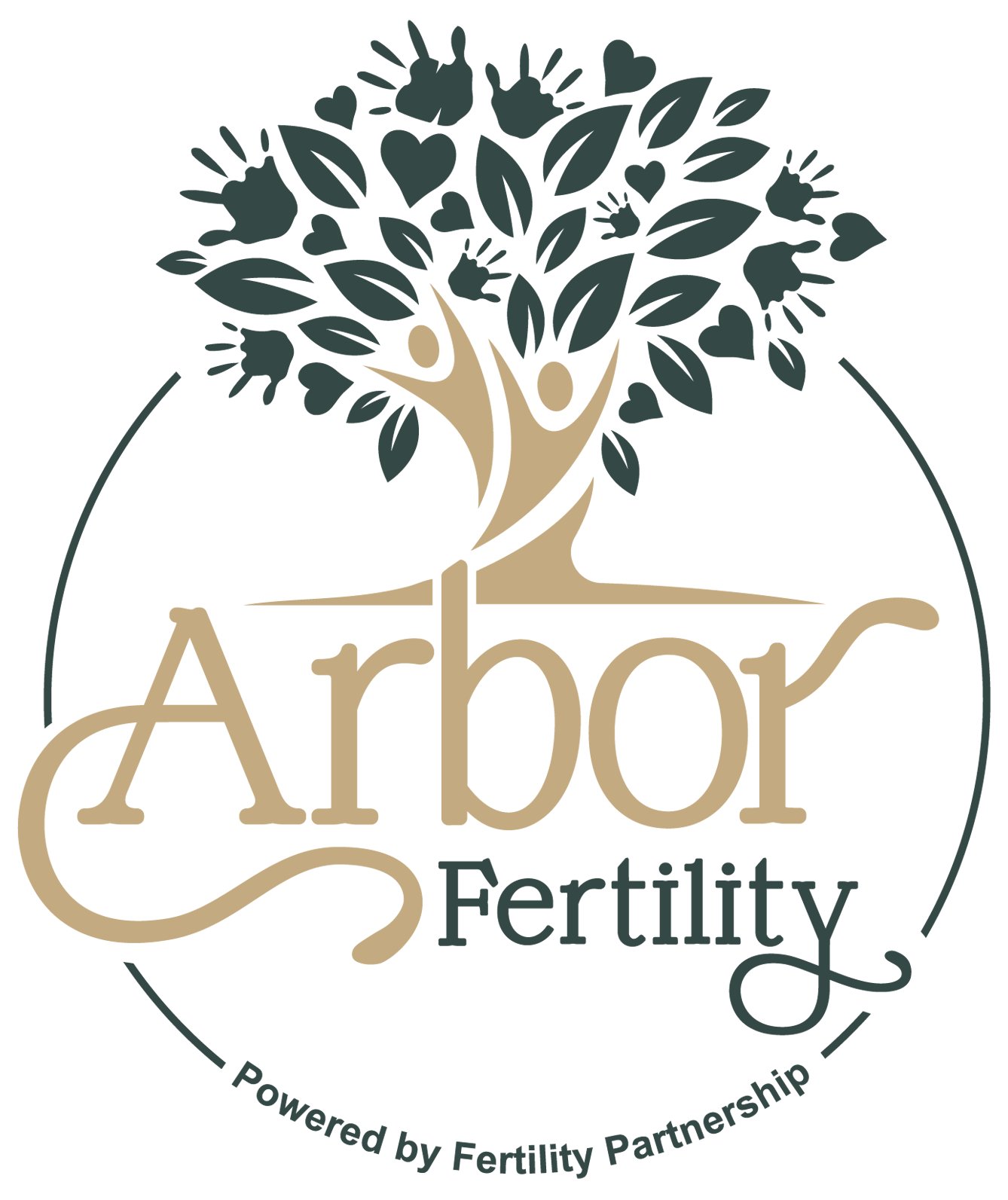Ovarian Hyperstimulation Syndrome (OHSS) in IVF Treatment
May 26, 2023 - 10 min read
By: Dr. Karenne Fru, Muna Fertility
Ovarian hyperstimulation syndrome (OHSS) is a potential risk from hormonal medications that are part of IVF treatment. The goal of taking these fertility hormones is to stimulate the recruitment and growth of multiple follicles containing eggs. In some instances,however, the ovaries over-respond by recruiting more eggs than desired and kick off a series of side-effects. OHSS only impacts a small percentage of IVF patients and can vary from mild to severe symptoms. But it's important to understand the risks before you start IVF treatment and learn how to minimize them.
What is Ovarian Hyperstimulation Syndrome (OHSS)?
OHSS is a potential side effect in women who take gonadotropin shots in the beginning stages of IVF treatment. Although the goal is to stimulate egg production in the ovaries, sometimes too much stimulation can occur. This causes the ovaries to swell and leak fluid into the chest and belly.
As a result of this overstimulation, OHSS symptoms may include:
Bloating in the abdomen
Mild stomach pain
Weight gain
In rarer circumstances, women may experience more severe symptoms, such as severe belly pain or swelling, rapid weight gain, a decrease in urination, shortness of breath, or nausea, vomiting, diarrhea.
For mild cases, OHSS management is simple. You just need to get rest, prop up your feet, and stay hydrated. You can also take an over-the-counter pain reliever to help reduce your discomfort.
If you start to experience any of the severe OHSS symptoms, it's time to seek medical attention. Your healthcare provider will monitor your symptoms to see if any major complications occur. These may include blood clots, kidney failure, electrolyte imbalance, or severe fluid buildup.
Risk Factors for OHSS
There are risk factors that can contribute to a higher chance of experiencing OHSS during IVF treatment.
Young age: Women who are younger than 35 are at a higher risk for OHSS.
Low BMI: Research indicates a low body mass index also increases the chance of developing OHSS.
PCOS: Women who have polycystic ovary syndrome (PCOS) are also considered higher risk during IVF.
Previous OHSS: If you've experienced OHSS before, you're more likely to develop it again.
How common is OHSS for IVF patients? Studies indicate 3% to 6% of IVF patients experience it. Your individual odds depend on your unique characteristics and your fertility specialist's treatment protocols.
Minimizing the Risks of OHSS in IVF Treatment
There are several controlled ovarian stimulation techniques to reduce OHSS risk. One option is to lower the level of hormonal medication dosages. And while human chorionic gonadotropin (hCG) has been commonly used in the past to trigger ovulation, many fertility specialists now use a medicine called leuprolide (a (GnRH) agonist) instead. There are also medicines that can be taken to reduce swelling and inflammation, such as cabergoline.
Your fertility team can customize your IVF treatment based on your specific needs. This includes adjusting hormone medication dosages based on your age, weight, and other factors.
There's also an optimal time that ovulation can be triggered in order to reduce the risk of OHSS.
Fertility specialists also monitor hormone levels and ultrasound scans during IVF treatment to adjust medication dosages as needed. This monitoring process allows your fertility doctor to adjust medication dosages as needed to reduce the risk of OHSS.
Managing OHSS Symptoms and Complications
Patients with OHSS can manage symptoms with treatment options for mild, moderate, or severe OHSS. Over-the-counter medicines for pain or nausea can help. Your doctor may also prescribe anti-inflammatory medications. Fluid management therapy may also be used by draining excess fluid in the abdomen with a syringe.
There are a few preventative measures you can take to avoid complications with OHSS. Bed rest paired with minimal physical activity can help your body recover more quickly. Also incorporate a moderate-salt diet to help reduce inflammation and swelling throughout the body by keeping fluid in the blood vessels. Additionally, pregnancy prolongs the course of OHSS so embryo transfers should be avoided for patients at highest risk of OHSS.
While most cases of OHSS remain mild, it's important for women to monitor symptoms. Let your doctor know if any OHSS symptoms occur to prevent further complications. Also seek immediate medical attention if any severe symptoms arise, like major swelling, weight gain of more than three pounds in two days, or shortness of breath.
Conclusion
There's a relatively low risk of developing OHSS during IVF but it's still a possibility, especially if you're young, have a low BMI, or have PCOS. Pay attention to your body during the hormonal treatment stage of IVF, shortly after retrieval and tell your doctor if you notice any OHSS symptoms. They're most likely to be mild and you can help manage them by resting and taking pain or nausea relief medications. Go to the hospital immediately if your symptoms become severe.
Speak to a medical professional for personalized guidance and support throughout IVF. An experienced fertility doctor knows the risk levels and OHSS management best practices to navigate you throughout your IVF journey.

